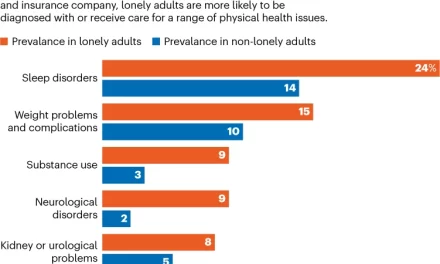A groundbreaking study published today unveils a startling connection between air pollution and suicide rates in China. Combining air quality data with suicide reports, researchers have found compelling evidence that heavy air pollution increases the risk of suicide, and improvements in air quality have led to a significant decline in suicide rates.
Led by economists Peng Zhang of the Chinese University of Hong Kong, Shenzhen, and Tamma Carleton of the University of California, Santa Barbara, the study marks the first investigation to quantitatively link lower suicide rates to improved air quality. Published in the journal Nature Sustainability, the research offers valuable insights into the complex relationship between environmental factors and mental health.
Air pollution, a well-known contributor to various physical health ailments, has increasingly been implicated in mental health issues. Previous studies have suggested that spikes in particulate matter, specifically PM2.5, can alter brain chemistry and elevate the risk of depression, anxiety, and neurocognitive disorders. However, this study is the first to demonstrate a direct association between air pollution and suicide rates.
The researchers analyzed air quality data alongside suicide reports from across China, leveraging meteorological phenomena known as thermal inversions to isolate the impact of PM2.5 on suicide rates. Thermal inversions trap air pollutants close to the ground, leading to increased human exposure. The study found that thermal inversions were associated with a significant increase in suicide rates within one week, highlighting the acute impact of air pollution on mental well-being.
The findings underscore the importance of China’s efforts to improve air quality through initiatives such as the Air Pollution Prevention and Control Action Plan launched in 2013. By promoting cleaner energy sources, regulating vehicle emissions, and reducing ambient air pollution, China has seen a notable decline in suicide rates. The study estimates that nearly 10% of the overall decline in suicide rates between 2013 and 2017 can be attributed to improvements in air quality.
One particularly noteworthy finding is the disproportionate impact of air pollution on suicide rates among women over age 65. Despite generally lower suicide rates among women compared to men, older women were found to be more susceptible to the effects of air pollution on mental health. The study suggests that impulsivity and societal factors may play a role in this demographic’s vulnerability to air pollution-induced suicide risk.
While the study represents a significant advance in understanding the relationship between air pollution and mental health, researchers acknowledge the need for further investigation. Future studies may address confounding factors and refine methodologies to provide a more nuanced understanding of the complex interplay between environmental factors and suicide risk.
Nevertheless, the study’s findings highlight the critical role of environmental factors in shaping mental health outcomes and underscore the importance of continued efforts to improve air quality for public health and well-being. As countries worldwide grapple with the dual challenges of air pollution and mental health, this research offers valuable insights and underscores the urgent need for comprehensive strategies to address both issues.












